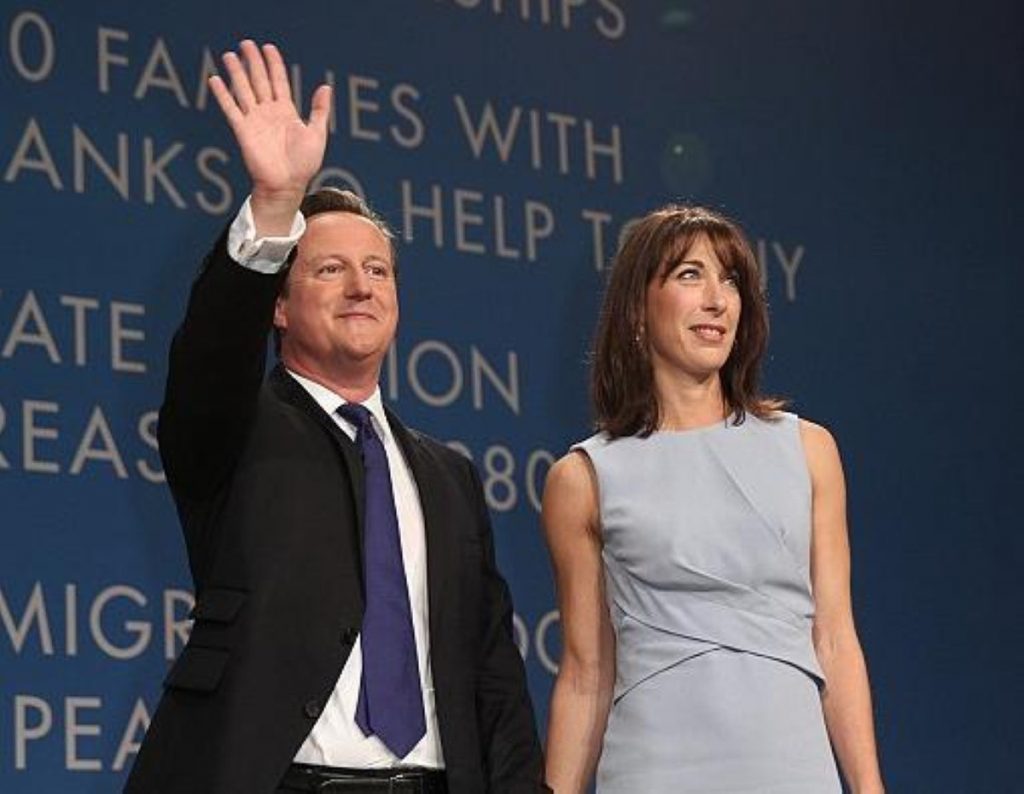Comment: Whatever the election result, we social workers will stand up for the disenfranchised
By Allan Norman
Many of us woke up on Friday to a government we did not ask for.
Social workers in particular will know the Conservative pledge on further cuts to welfare and public spending will mean difficult times ahead.
Now, more than ever, social workers must remain energised. Our raison d'être is to deal with difficult times.


Social workers in the UK will have different experiences of government over the coming years. In some parts of the UK our humane mission is welcomed. In others, our commitment to human dignity and human rights makes our voice unwelcome. We shouldn't be surprised by this, nor should we be deterred. Because social work has always operated at the fault-lines of democracy.
Winston Churchill once famously said: "Many forms of government have been tried, and will be tried in this world of sin and woe. No one pretends that democracy is perfect or all-wise. Indeed, it has been said that democracy is the worst form of government except for all those other forms that have been tried from time to time."

While the images of democracy in action are fresh in our minds, as we have seen politicians of every hue acknowledge in their different ways that they hold office subject to the will of the people, it is opportune to remind ourselves nonetheless of some of the reasons why democracy is a flawed system of government.
Over the coming years, we will repeatedly hear well-versed arguments directed at everyone who seeks to hold our politicians to account, that they are 'unelected', 'thwarting the will of the people', while politicians have a 'democratic mandate' to push through their programme.
As social workers, we need to be particularly clear what is so wrong with those arguments, because, again, we operate at the fault-lines of democracy.
There are three main fault lines of any democratic system. Firstly, democracy favours those who are enfranchised over those who are not enfranchised; it favours those who are in the majority over those who are in the minority; and, because of the flaws of human nature, it favours our short term interests over our long term interests.
Those who are not enfranchised include prisoners and those who cannot vote because of their immigration status. Indeed, more widely, we define the franchise in local and national terms. Recent debate has focused on putting the needs of our nation first, while simultaneously playing on fears about factionalism within the nations of the UK – about our European neighbours, and our international aid budget.

What, then, can keep us from the worst excesses of those who have a democratic mandate to govern us? Well, social work is one of those checks and balances. We are professionals with a humane mission to advocate for and work with minorities, with children and vulnerable adults who cannot protect themselves, with immigrants who will not be served by our welfare state, with prisoners, with those who are not in "hard-working families" because they are too sick or disabled to work, because their families are too fractured, because work is too scarce and grinding poverty inescapable.
And in our mission, human rights are our tools as well as another check upon democracy. We are an international profession and only last year reaffirmed that human rights are central to the mission and purpose of social work. They operate to remind our democratically elected politicians that there are internationally agreed standards that rightly call into question the sovereignty of parliament.
If there is a democratic mandate to punish the poor, to ill-treat the prisoners, to privatise welfare, there is also a human rights obligation on social work and social workers to protect everyone's right to food and shelter, to autonomy and dignity, to a world in which human rights are made real.
We have always worked at the fringes, and there is no need for despair. Across the globe, our social work colleagues work in solidarity with people and communities in need. It is why the dignity and worth of people is the current theme of the International Federation of Social Workers' global agenda. We may not be at the table, but neither are we alone.
Allan Norman, a qualified social worker and non-practising solicitor, leads on policy, ethics and human rights at the British Association of Social Workers (BASW).
The opinions in Politics.co.uk's Comment and Analysis section are those of the author and are no reflection of the views of the website or its owners.

